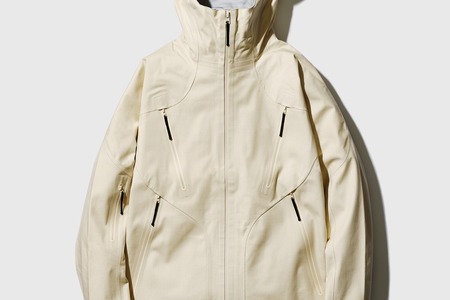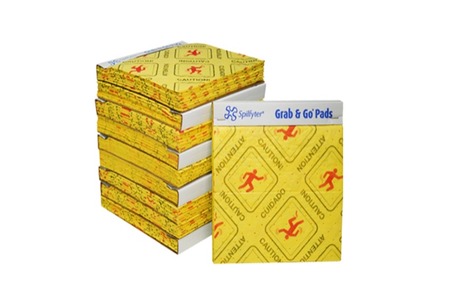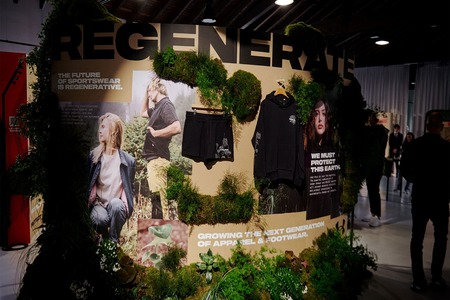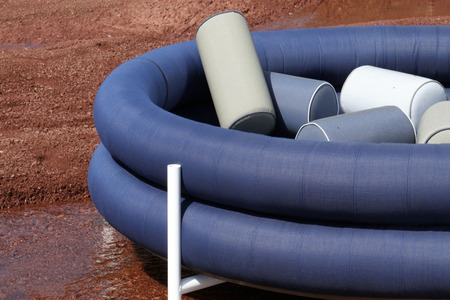
Leading brands join Spiber's project to repurpose textile waste
YarnsandFibers News Bureau 2024-01-15 16:43:04 – JapanKering's Material Innovation Lab, along with Eileen Fisher Inc., Johnstons of Elgin, and DyStar, are teaming up with Spiber for the 'Biosphere Circulation Project.' This collaboration aims to transform end-of-use textiles and agricultural by-products into new materials.
As part of the initiative, the brands will provide sample materials made of specific fibers processed with key textile chemicals for testing in Spiber's lab. The Japanese biotech startup will analyze how certain chemicals impact the conversion of cellulose and protein-based materials into nutrients for its fermentation process.
The primary goal is to advance circular textile products that can be regenerated at an industrial scale into Spiber's innovative Brewed Protein materials. These materials are created from plant-based sugars using microbial fermentation technology at the end of their lifecycle.
Spiber plans to compile the test results into a database, indicating the efficiency of various materials and chemicals in the fermentation process. This database will serve as a valuable resource for the industry when designing circular products, compatible with solutions like Spiber's biosphere circulation system.
Christian Tubito, director at Kering Material Innovation Lab, emphasizes the importance of multiple approaches for a circular textile industry, noting that recycling can become a promising alternative with initiatives like the 'Biosphere Circulation Project.'
Inka Apter, director of material sustainability and integrity at Eileen Fisher Inc., highlights the need for collaborative efforts to move the industry towards a circular economy for textiles. The biosphere circulation project explores circularity at the fundamental level of materials, and Eileen Fisher Inc. is pleased to support this essential approach.
Market Intelligence
Ask for free sample Report

experience
Customer Base
dedicated team
Countries Served Worldwide









